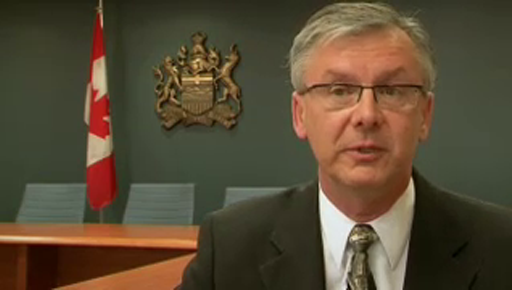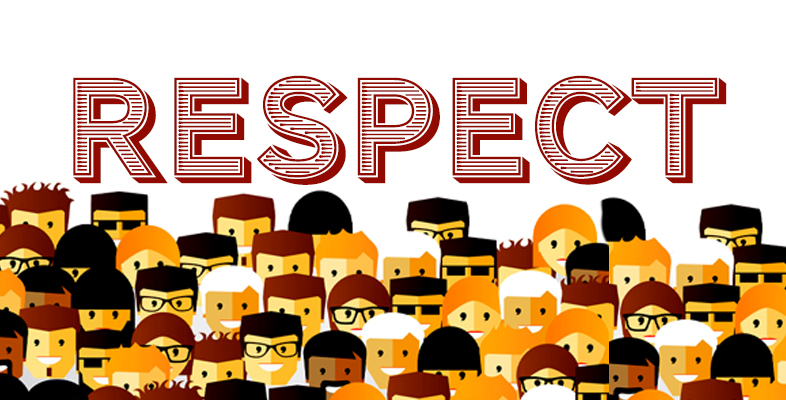1.3 Accountability
This next case study will get you to consider how such accountabilities might affect a setting’s openness to embrace research.
Case study 3.2 Accountability in Canadian schools

Transcript
Watch the 3 minute 39 second video talking about accountability within Canadian schools in Alberta, focusing on the Victoria School in Edmonton.
You will hear how leaders are acutely aware of their accountability to the public, including parents, which national authorities monitor through inspections focused on the headteacher. Teachers talk about how senior leaders then expect individual teachers to be accountable for the performance of their students. However, while they monitor attainment through student grades achieved, it is the engagement of staff and students that is considered most vital in driving up standards. Such pressures on employees and organisational leaders can be easily applied to other work settings.
Activity 2 Setting accountabilities affecting researcher accountabilities
Part A
Imagine you are a researcher intending to research this Canadian school to examine the experiences of the lower-attaining students.
Identify the concerns and expectations you think the following stakeholders might raise if they were to receive your request, bearing in mind their own accountabilities and interests as leaders associated with the school.
- a.the school headteacher
- b.a school class teacher
- c.parents of children at the school
- d.the regional inspector
What might you need to promise each of the above as you negotiate your plans to research this topic in their school?
Which, if any, tensions can you anticipate between what the various stakeholders might expect of you?
Part B
Choose one of the stakeholders (a) to (d). Write a short post on the course forum [Tip: hold Ctrl and click a link to open it in a new tab. (Hide tip)] that summarises two of the promises you would make to them and up to two of the issues they might raise for you, which your research plans might need to accommodate.
Insights can also be gained from these case studies if you think of researchers as leaders, due to holding multiple accountabilities. Leading a research project means the researcher will take on multiple responsibilities and will be required to show academic leadership in managing those responsibilities.
Just as a school needs to offer a quality education to its students, so a researcher needs to produce a study of quality. A study, like a school, will be judged by the wider public as well as those involved directly during and beyond its activity. Like the school leader in this case study, your values and vision for your research should drive your leadership of it, rather than your study being overly affected by the external accountability measures of it. If you think the research needs to develop in particular ways that show integrity to your values, then you should feel you have the autonomy or the ‘academic freedom’ to do so. You will be held accountable, however, and you should expect to defend your decisions and ensure that they are acceptable and approved by those in your research setting. Your research will need to fit in with the internal and external obligations of those in your chosen research setting.
